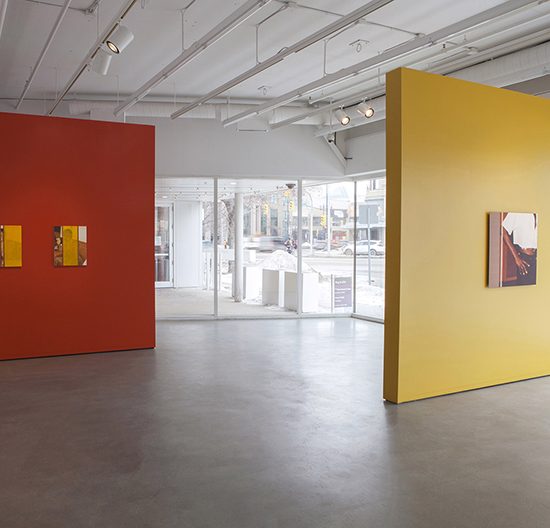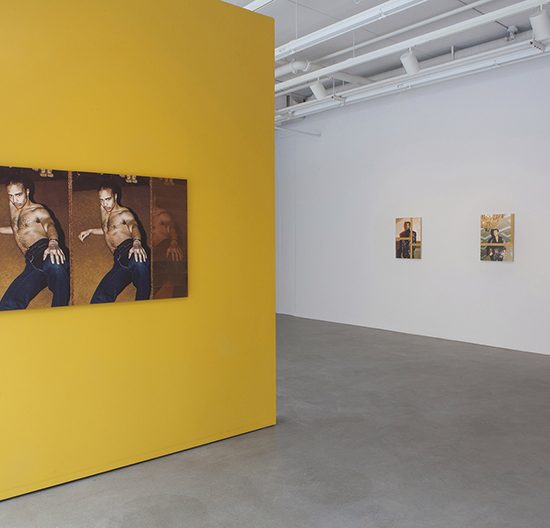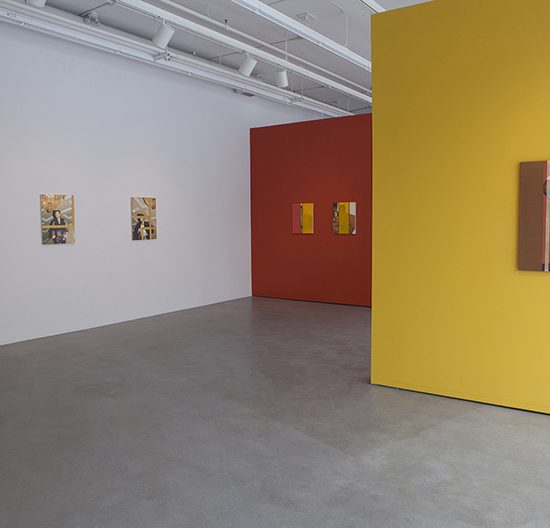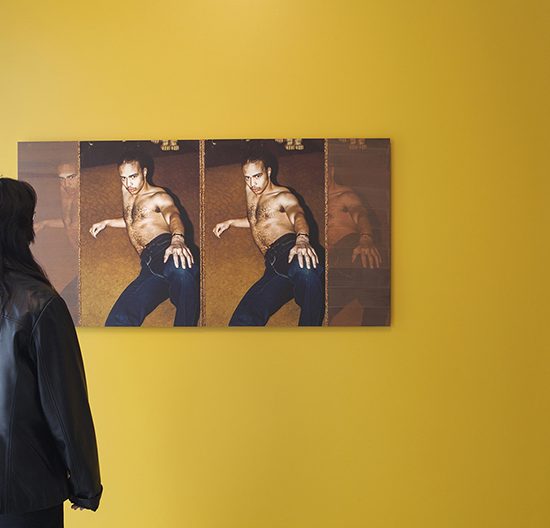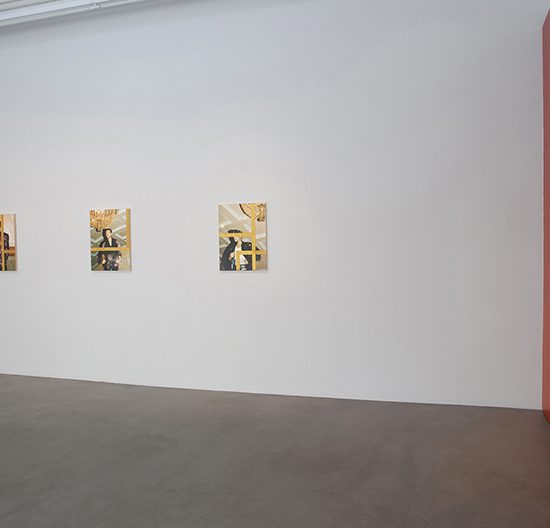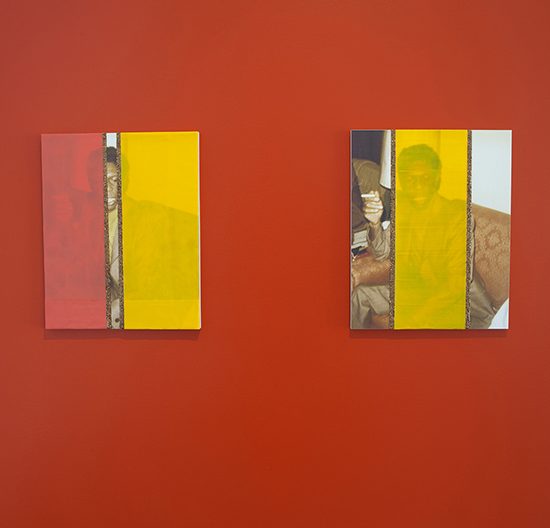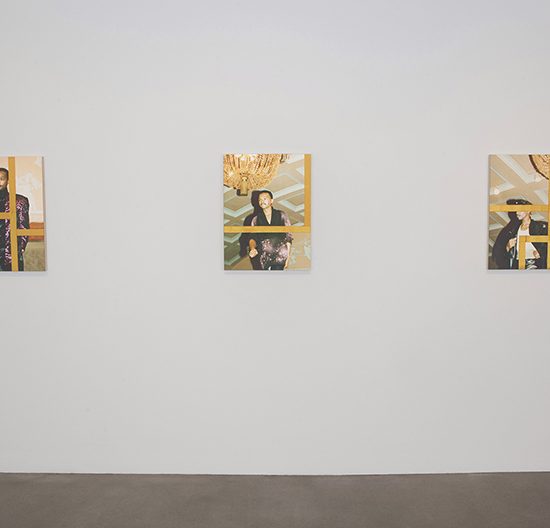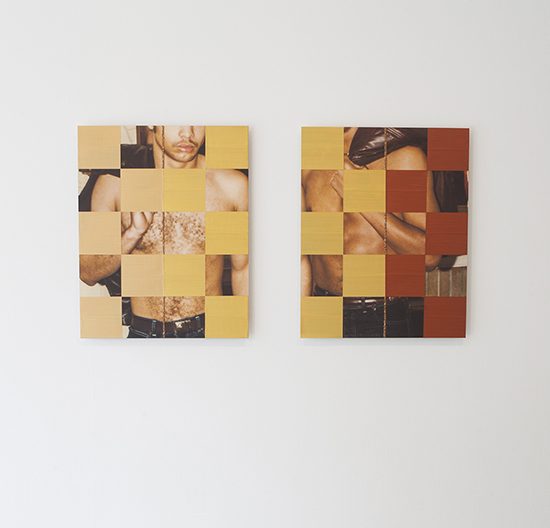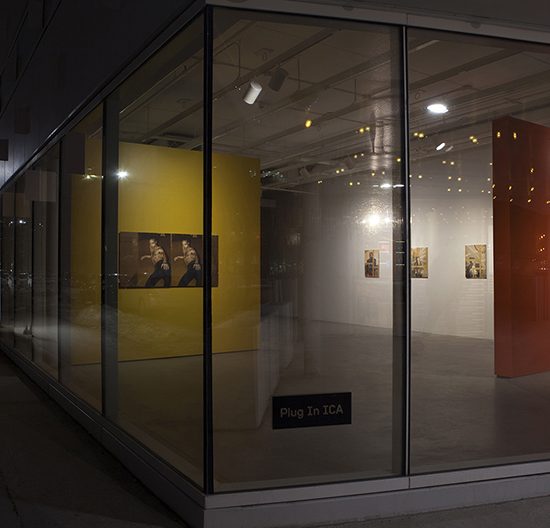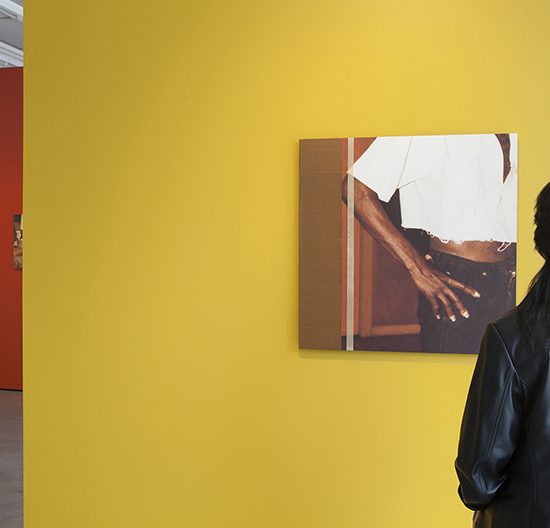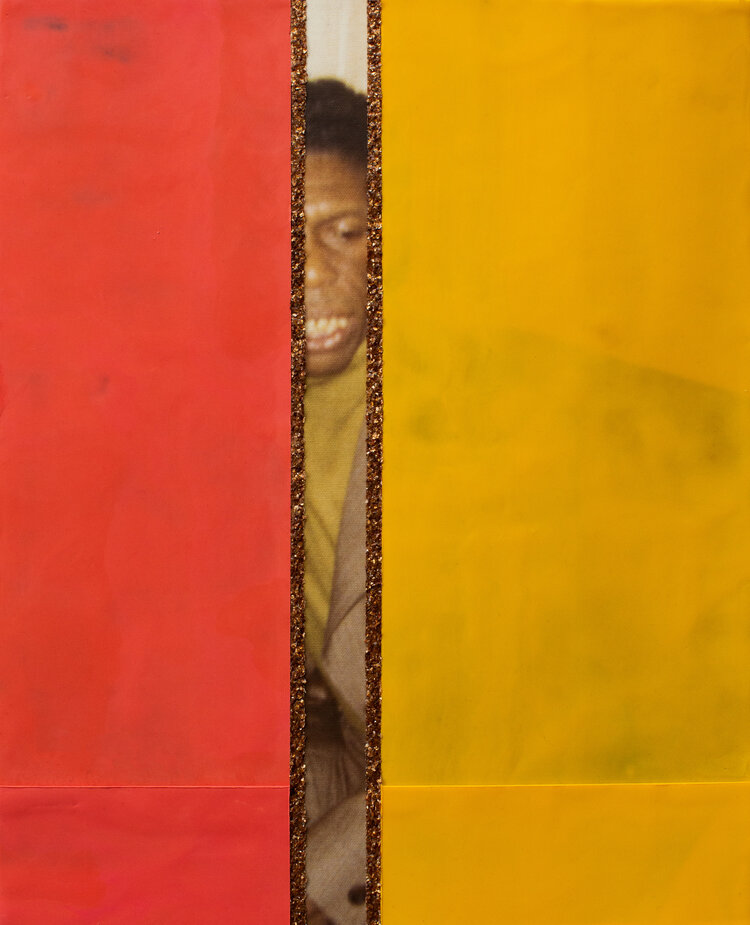
Plug In Institute of Contemporary Art is pleased to present:
Audacity
A solo exhibition featuring Alanna Fields
March 10 , 2023 – June 17, 2023
Opening | Friday, March 10, 2023, 6 – 9pm
Artist talk | Saturday, March 11, 2023, 2pm, Club 200, 190 Garry St.
Audacity is the title of Alanna Fields’ first solo exhibition at Plug In Institute of Contemporary Art and it is also her first international exhibition. Fields is a burgeoning photo artist currently based between Washington D.C. and New York.
At its center, the word ‘audacity’ suggests boldness; defiance. Implied behind those signifiers is a capacity for courage, a willingness to take risks, and above all, a vivid fearlessness. The title is fitting as it communicates the resonant expressions of the Black queer imagination in her archival photographic work. Fields’ ongoing archival practice situates her as a student of Black queer history. For her, history isn’t ever sealed off therefore remains open to curiosity and inquiry rather than a space to accept as infallible. In this way, a perspective outside of pre-determined history became a guiding impetus.
Fields began her archival practice when she became interested in what everyday Black queer intimacies looked like before the present. Where did the current Black queer visual imaginary come from or what did the earlier communities of that lineage look like, and how did they express themselves? It was this absence of visual sources that drove the artist to search and learn. Through extensive ongoing research, she captures her photographs from preexisting ones and with renewed intricacy, re-proposes them in the present. Her image findings come from peripheral sources like flea markets, estate sales, and eBay. They include vernacular photographs, polaroids, photo-booth prints, cabinet cards, and other snapshots. Often these pictures are taken in a sequestered localized context or the interior setting of a home or spaces for community gatherings like a nightclub or ballroom. In other instances, they are taken out in nature, in a garden, a picnic between shrubberies.
In Audacity, the artist enlivens these intimate and seemingly inconsequential traces of Black queer lives predominantly taken between the 60s and 80s (however in other series, her discovered images go as far back as the beginning of the 19th century with tintypes). In several of her found photographs there is a sense the larger unforgiving world outside of it is of no concern or is a far distance away. Fields has befittingly used descriptors such as ‘dream-like’ in referencing the realm these images seem to dwell. The individuals depicted—principally male-passing figures—appear in states of unconcern, free of inhibition. They exude elegance, share tenderness amongst themselves, and radiate infectious confidence as they present themselves to the camera. Through the particular selection of images she shows us, Fields also offers a different political knowledge. In her dignifying attention given to searching and preserving archival material, the artist awakens a different consciousness of a past often narrowly narrated by the burdens of societal marginalization, stigmatization, and hard-fought battles for equal rights.
Under Audacity, Fields’ exhibition draws our attention to the non-verbal cues within the self-presentation of individuals pictured in her archival findings. This includes body language, gestures, and sartorial resplendence common in many of the photos. These highlighted qualities serve as a marker that characterizes the Black queer lives who with audaciousness, transcended the recessive demands of heteronormative hegemony. The suite of new works assembled in this exhibition follows the same handmade process of composing her photographic works. More than mere photographs, they are intricately designed mix-media images. They are illustrative, painterly, and tactile. On their surfaces, the artist delicately layers with wax, glitter, and bands of colour, affording the found photographs—the spirited lives and histories they testify—an activated life in the present. Fields’ visual philosophy offers us anecdotal glimpses into a past commonly unknown or under-discussed. Similarly, her compassionate response to these histories is to protect them—which she does through her partial application of wax/colour on selected areas of the discovered photographs. With this illustrative gesture, the artist makes our limited access to these anonymous private moments a privileged one. As an extension of her colour-filled interventions on the photographs, the walls of the gallery are also painted to create a rhyming correspondence therein.
Fields is among a number of Black artists upholding neo-Black archival narratives. These artists like Fields create work that strengthens ancestral memory and affinity without a fitful lapse into sentimentality. Fields beckon forth her ancestral influences, their assertion of agency, and their sense of audacity throughout histories that would rather have us forget. Although it is often sidelined within broader conceptions of Black History, for Fields, Black queer history is without a doubt, Black History. Her archival practice is also a reclamation pursuit and for that reason, a social necessity. She is helping us reorient our understanding of the past and keeping alive a continuously unfolding queer history.
Alanna Fields‘ (b. 1990) exhibition opens in tandem with another solo exhibition by the renowned Toronto-based, Trinidadian artist, writer, and educator, Michèle Pearson Clarke (b. 1973). This is the first time both artists are being brought into proximity in an exhibition context. Clarke and Fields’ work is grounded in a sustained archival practice. While Fields tasks herself with extensive searches into the past, Clarke accumulates hers as a result of living into the future. Fields finds queer affinity and kinship through her inquiries in reversed time. And Clarke shows us the fruits of leaning on that very kinship as she moves through the world. Together, this intergenerational pair in their respective means, keep alive an ever-unfolding intricate tapestry of queer history across generations.
– Luther Konadu | Assistant Curator, Plug In ICA
Alanna Fields’ work has been exhibited at the High Museum of Art, Aldrich Contemporary Art Museum, Katherine E. Nash Gallery at the University of Minnesota, SF Camerawork, MoCADA, Baxter St. CCNY, Fragment Gallery, Yancey Richardson Gallery, Residency Art Gallery, Kohn Gallery at Art Basel Miami, Expo Chicago, Felix Art Fair, and Untitled Art Fair in Miami. Fields is a Gordon Parks Foundation Scholar and has participated in residencies at Silver Arts Projects, Light Work, Baxter St. CCNY, and Gallery Aferro. She received her MFA in Photography from Pratt Institute and is a Lecturer of Photography at Howard University. Fields has given artist talks at the Aperture Foundation, Light Work, NYU Tisch School of the Arts, Parson’s New School, Syracuse University, and Stanford University. Her work has been published in The New York Times, Aperture Magazine, FOAM Magazine, and The Atlantic amongst others. Fields lives and works between Washington, D.C., and New York City.
Acknowledgments
We are on Treaty 1 Territory. Plug In ICA is located on the territories of the Anishinaabeg, Cree, Oji-Cree, Dakota, and Dene peoples, and the National homeland of the Red River Métis. Our water is sourced from Shoal Lake 40 First Nations.
Plug In ICA extends our heartfelt gratitude to our generous donors, valued members, and dedicated volunteers. We acknowledge the sustaining support of our Director’s Circle. You all make a difference.
We gratefully acknowledge the support of the Canada Council, the Manitoba Arts Council and Winnipeg Arts Council. We could not operate without their continued financial investment and lobbying efforts.
Plug In ICA relies on community support to remain free and accessible to all, and enable us to continue to present excellent programs. Please consider becoming a member of Plug In ICA and a donor at https://plugin.org/support or by contacting Caitlin at caitlin@plugin.org
For more information on public programming and exhibitions contact Allison Yearwood at allison@plugin.org.
For general information, please contact: info@plugin.org or call 1.204.942.1043



